If You Drool While Sleeping, These 6 Hidden Health Issues Could Be the Reason
Many people think drooling in sleep is harmless, but in some cases, it can warn of health risks. This is exactly what happened to a young programmer in China.
Xiao Liang, 25 years old, often worked overtime and stayed up late playing games. Because of fatigue, he felt sleepy every morning and used lunch breaks to rest. During these naps, he realized he often drooled, which made him embarrassed.
Worried, Xiao Liang went to the doctor. After learning that his drool always flowed to one side, the doctor advised him to do a CT scan. The result showed early signs of blockage in his brain blood vessels. Fortunately, it was detected in time, preventing the risk of stroke and brain hemorrhage.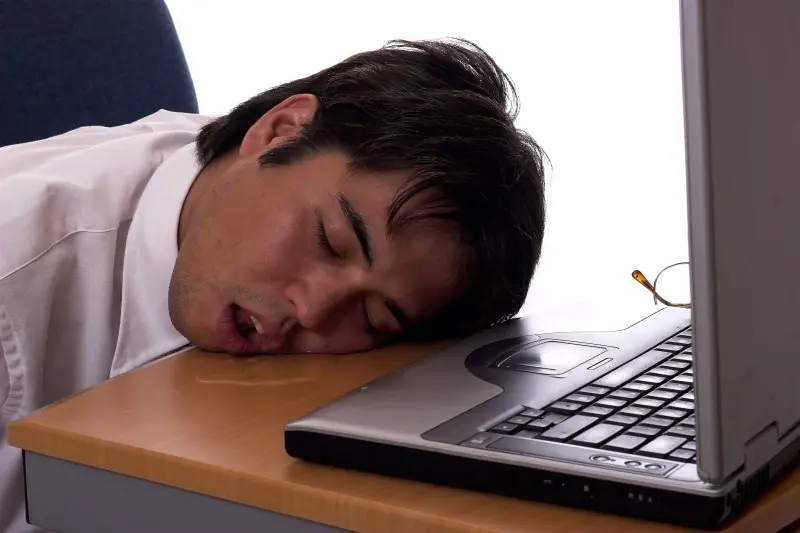
Where Does Human Saliva Come From?
Saliva production is an automatic process controlled by the autonomic nervous system, much like the heartbeat. The mouth contains several salivary glands: three pairs of major ones—the sublingual, parotid, and submandibular glands—as well as numerous minor glands distributed across the oral mucosa.
These glands work continuously, keeping the mouth moist, cleansing the oral cavity, aiding digestion, and even providing antibacterial protection. On average, a healthy adult produces 1–1.5 liters of saliva per day—around 30 ml every hour. Saliva secretion naturally increases when eating or when brain nerves are stimulated.
Factors like mouth breathing, stress, fatigue, or poor sleeping posture can also trigger drooling at night. While children often drool due to weak lip control and immature swallowing reflexes, in adults, sudden or persistent drooling may point to underlying diseases.
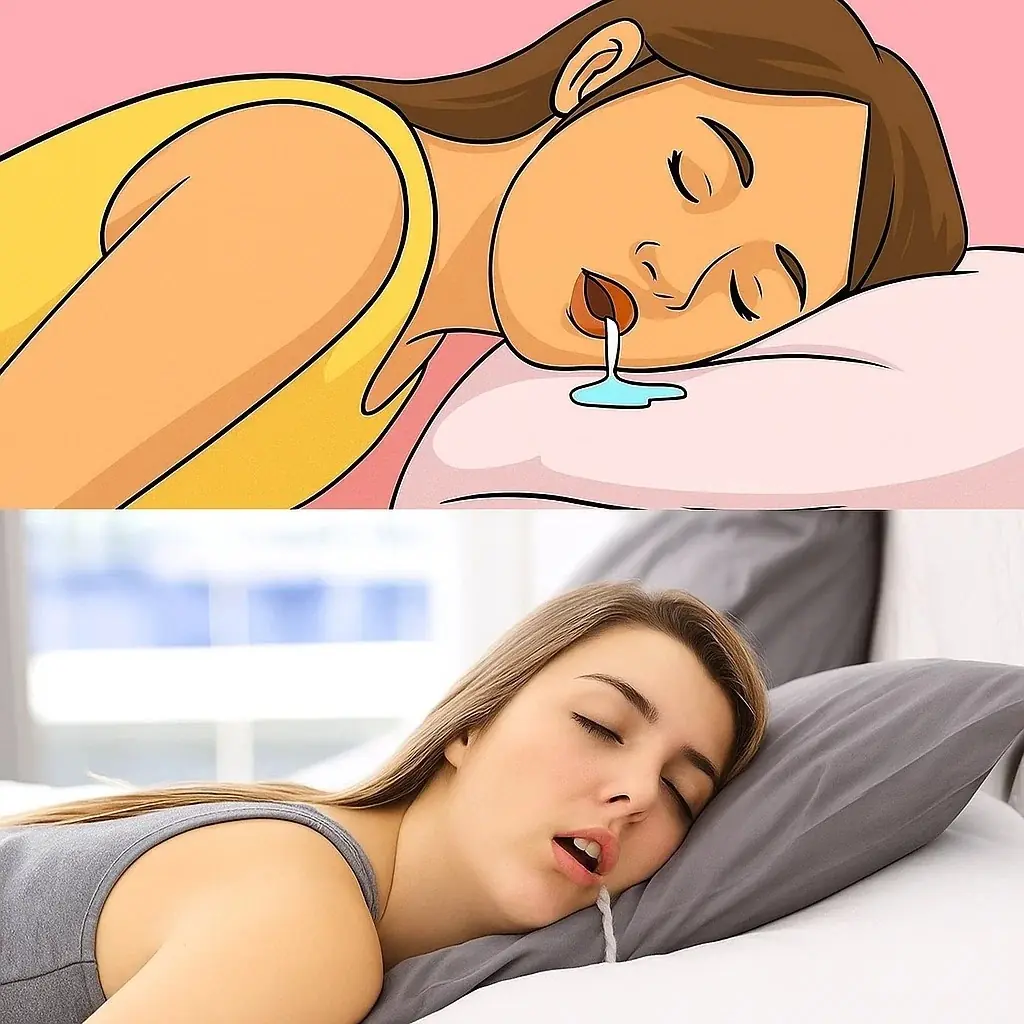
Medical Conditions Linked to Nighttime Drooling
- Oral Diseases
Conditions such as pharyngitis, gingivitis, or maxillofacial inflammation can overstimulate salivary glands. Crooked or loose teeth and uncomfortable dentures also increase the likelihood of drooling during sleep. Correcting dental issues often improves symptoms. - Facial Paralysis
When muscles on one side of the face are paralyzed, saliva is harder to retain, causing drooling whether awake or asleep. If drooling is accompanied by a crooked mouth or asymmetrical facial expressions, immediate medical attention is necessary. - Gastroesophageal Reflux Disease (GERD)
Acid reflux can stimulate excess saliva production. People with GERD may experience drooling alongsideheartburn, chest pain, and acid regurgitation. - Parkinson’s Disease
Patients with Parkinson’s often have difficulty swallowing saliva, leading to accumulation and drooling. Damaged nerves may also trigger increased saliva production. - Cerebral Thrombosis
Blocked blood vessels in the brain can impair the throat muscles that control swallowing. Symptoms include drooling on one side of the mouth, inability to close the eyes tightly, or a crooked smile—warning signs that require urgent medical attention. - Arteriosclerosis
Narrowed arteries reduce oxygen supply to the brain, causing facial muscle weakness and poor swallowing reflexes. Middle-aged and elderly individuals with high blood pressure, high cholesterol, or diabetes should be especially cautious.
How to Reduce Drooling While Sleeping
- Adjust Sleeping Position
Sleeping on your back helps reduce drooling, keeps airways clear, and balances the body. Avoid stomach-sleeping, and try using a U-shaped pillow for support. - Maintain Oral Hygiene
Brush twice daily with fluoride toothpaste, floss at least once, and rinse after meals. Treat dental problems promptly to prevent loose teeth and gum damage, which can worsen drooling. - Review Medications
Some medicines may cause excessive salivation. If you suspect this, consult your doctor about alternatives. However, never stop or switch medications without professional guidance.
News in the same category
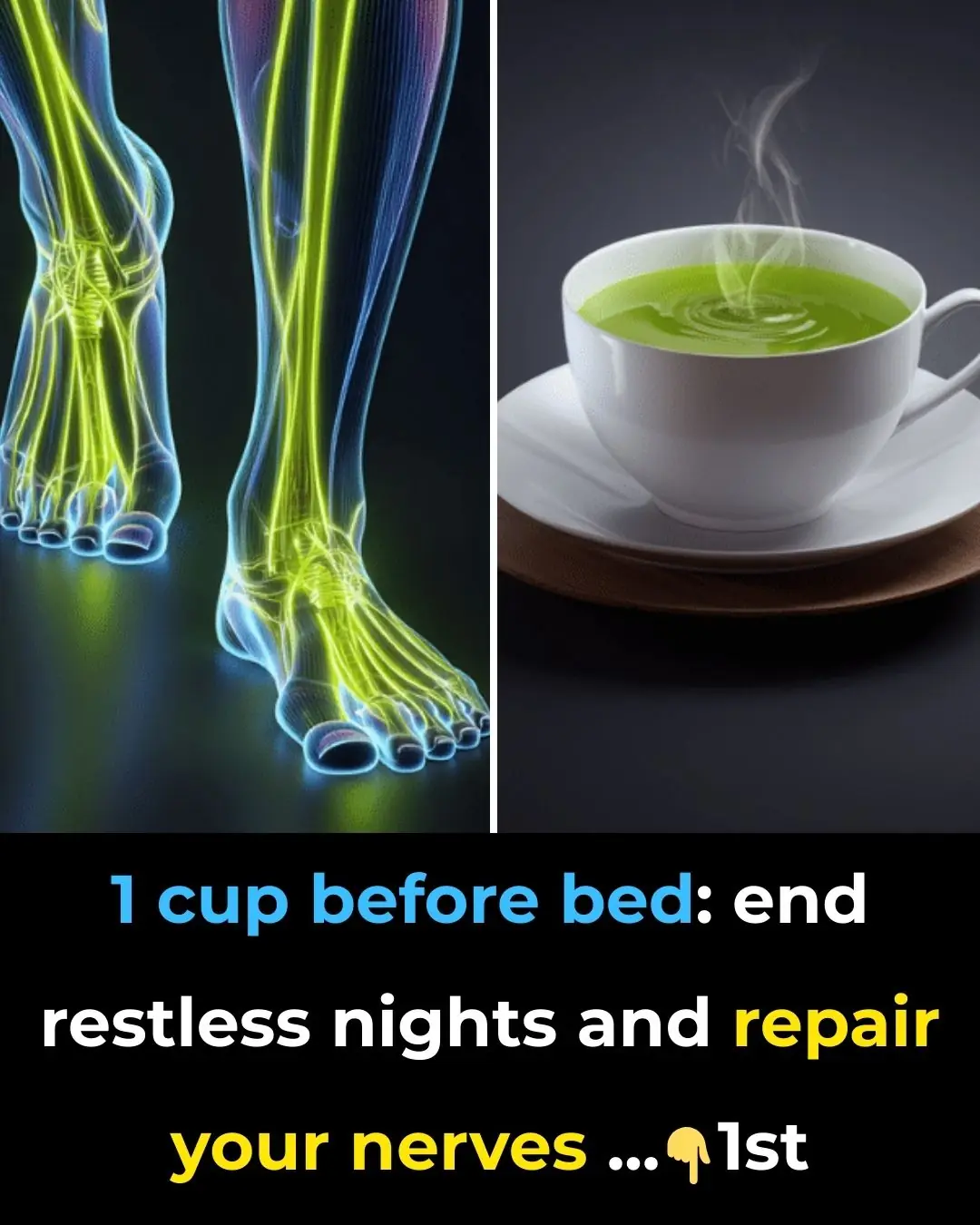
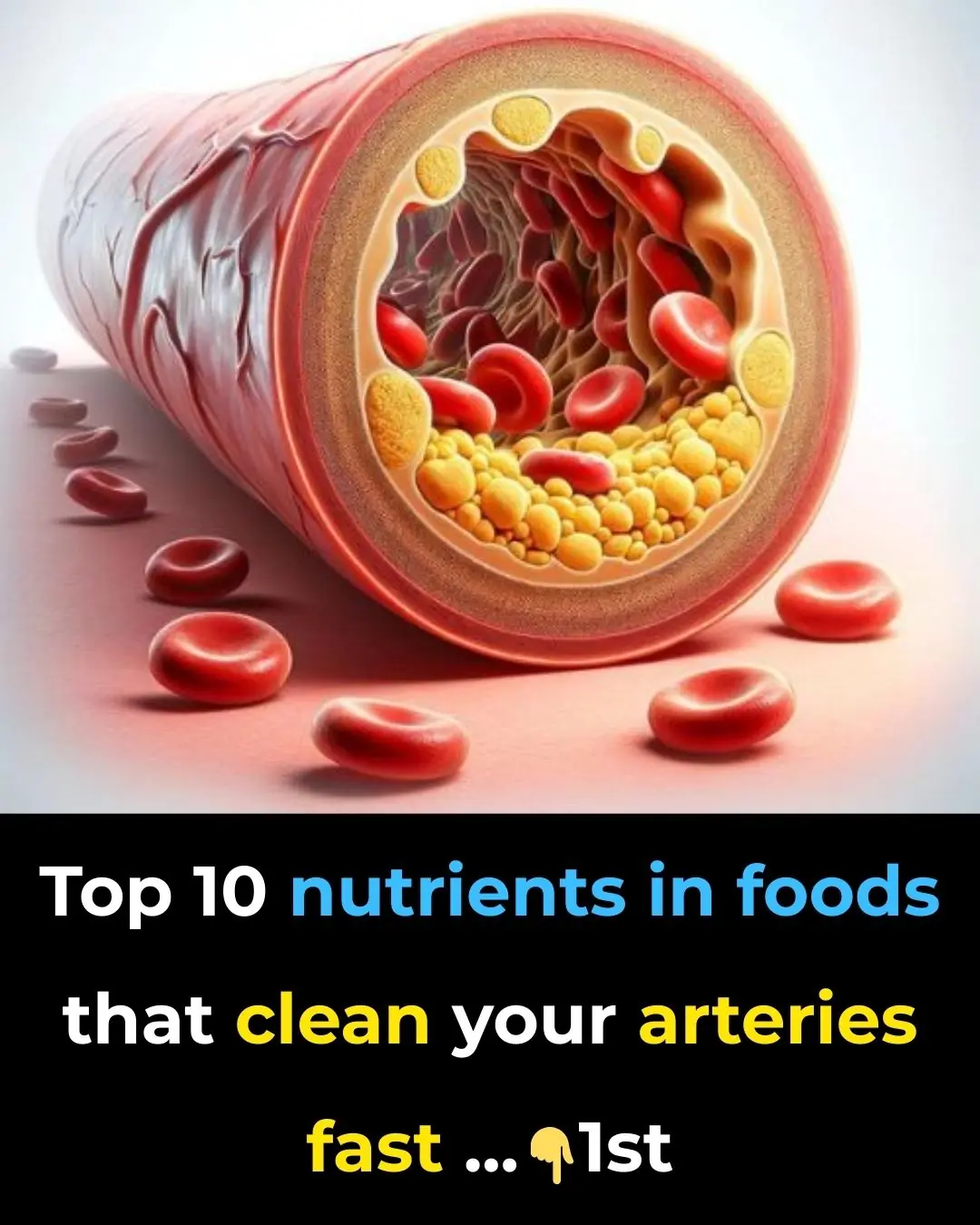
Top 10 Nutrients in Foods that Clean Your Arteries Fast
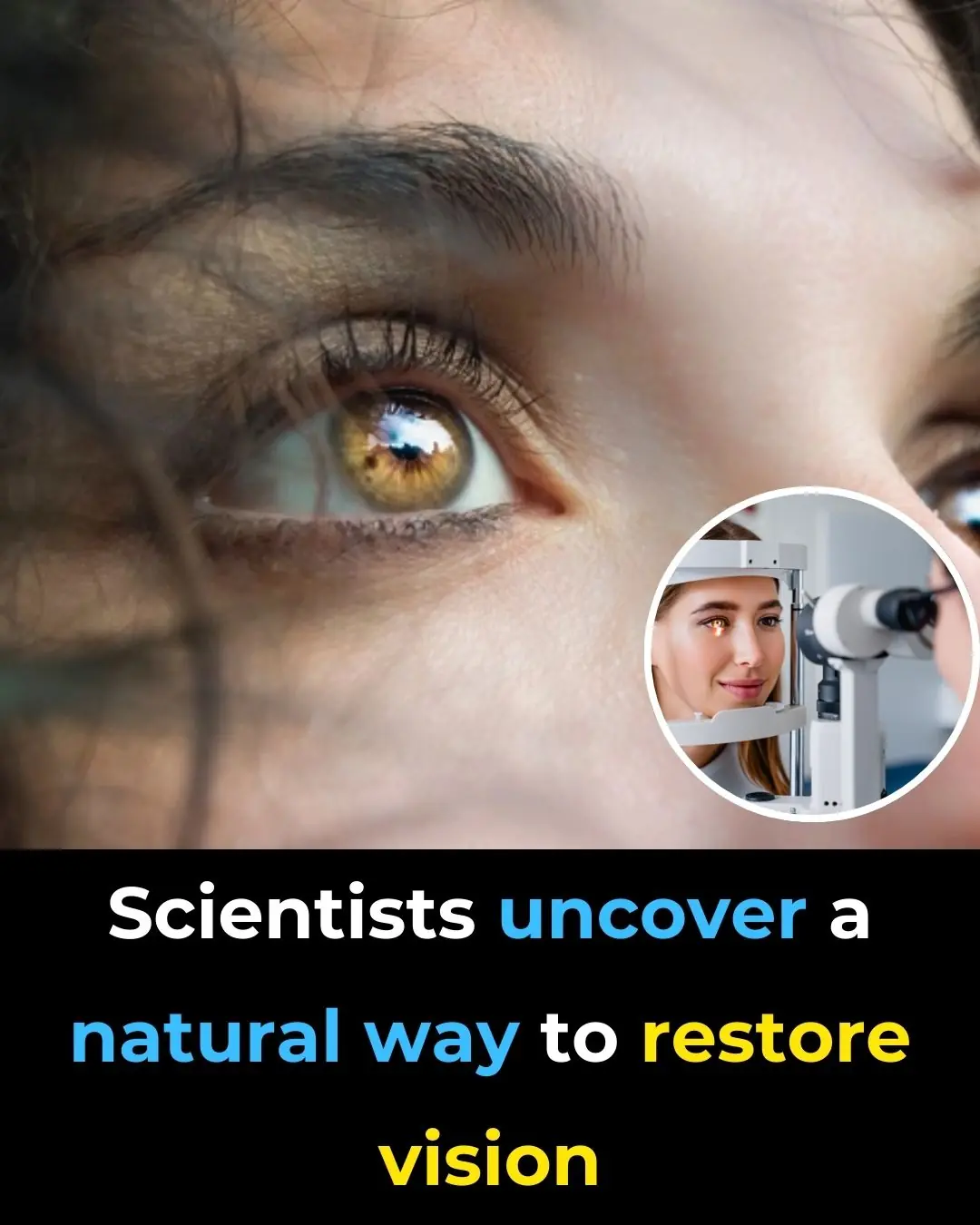
Scientists Uncover A Natural Way to Restore Vision
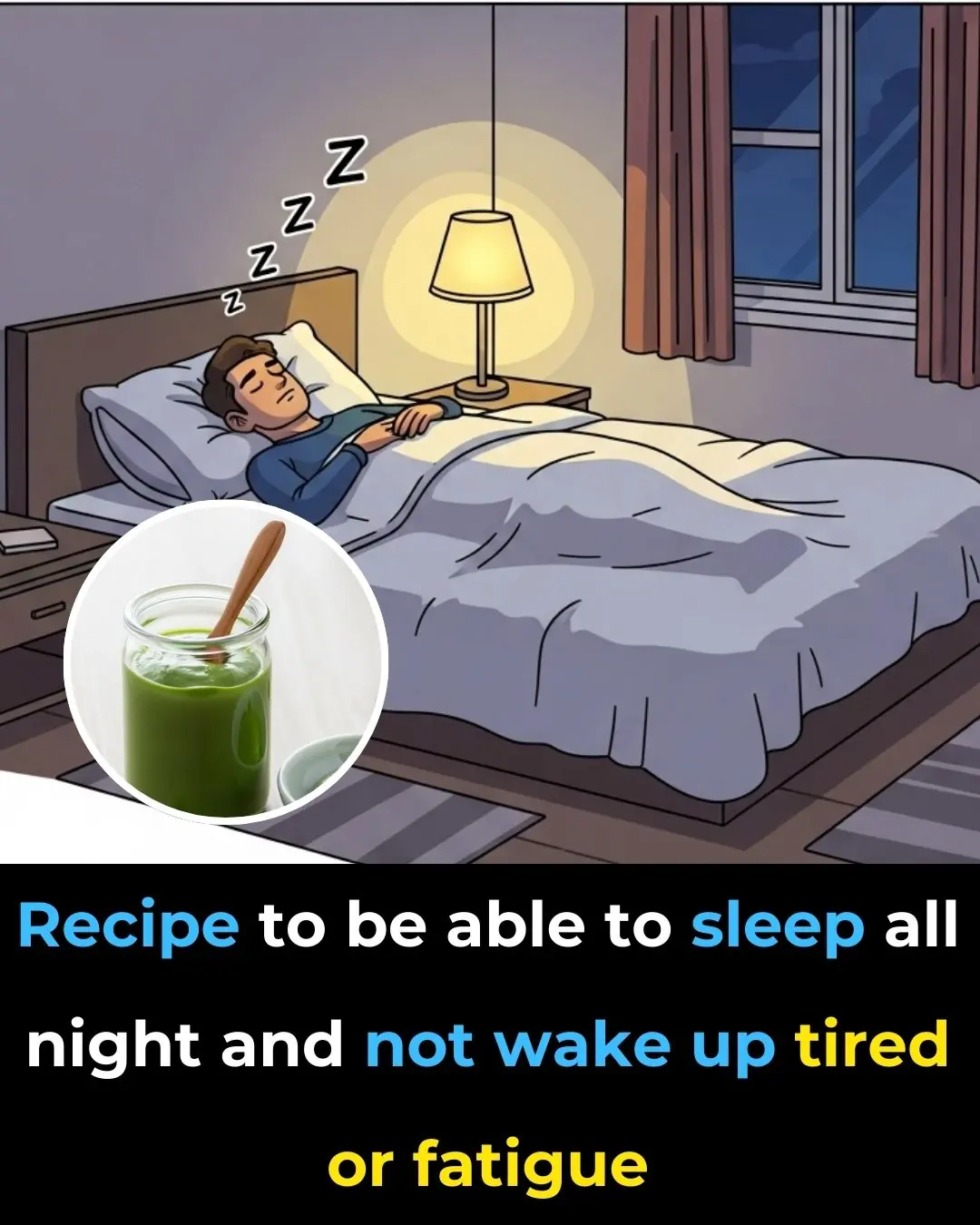
Remedy For Falling Asleep Quickly
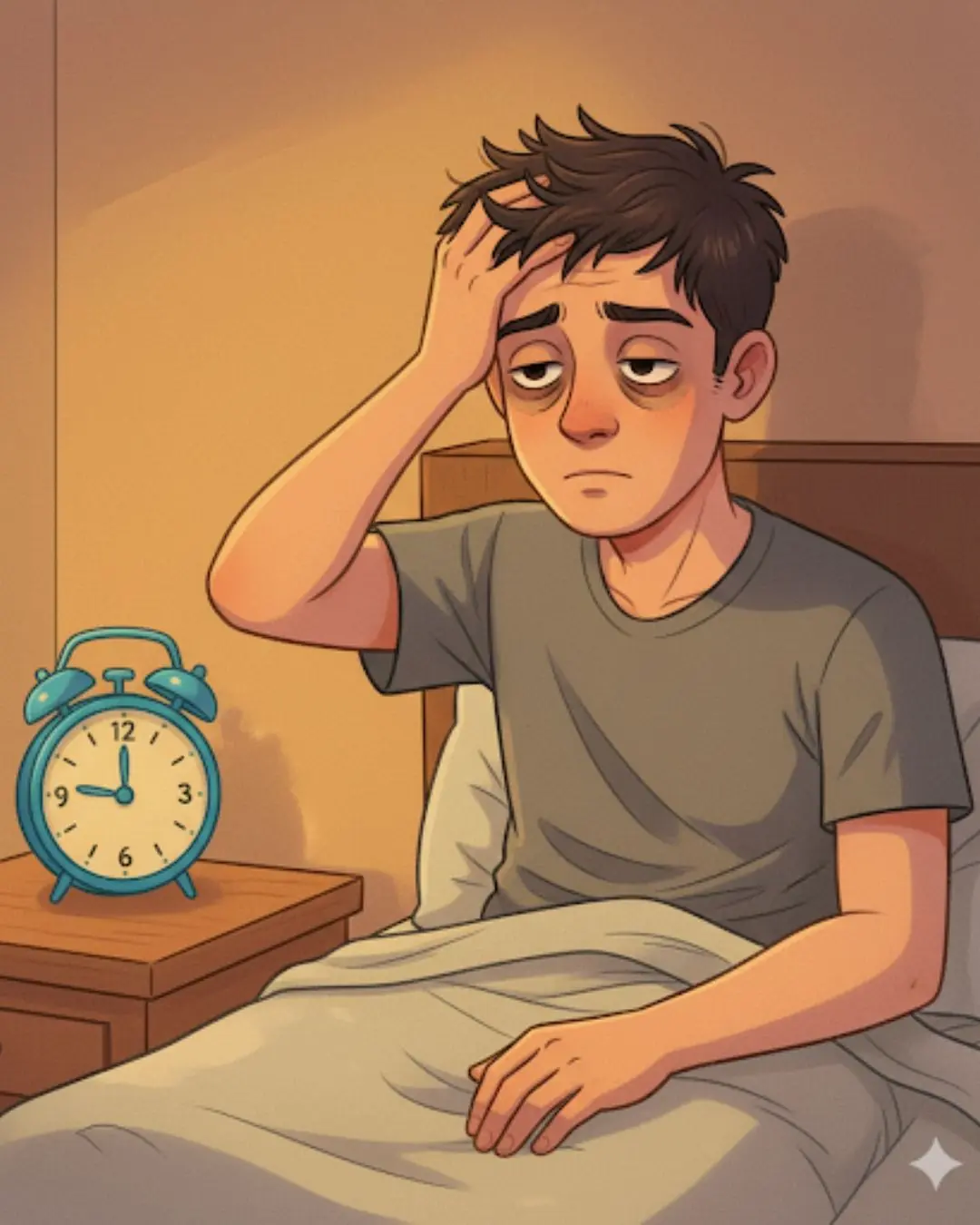
Sleeping Enough But Still Tired

Ways Your Body Secretly Tells You You’re Stressed

How to effectively cleanse your lungs in just 72 hours

Scientists find a berry that can combat cancer, diabetes, and obesity

Simulation Reveals the Science Behind Nightmares of Losing Teeth
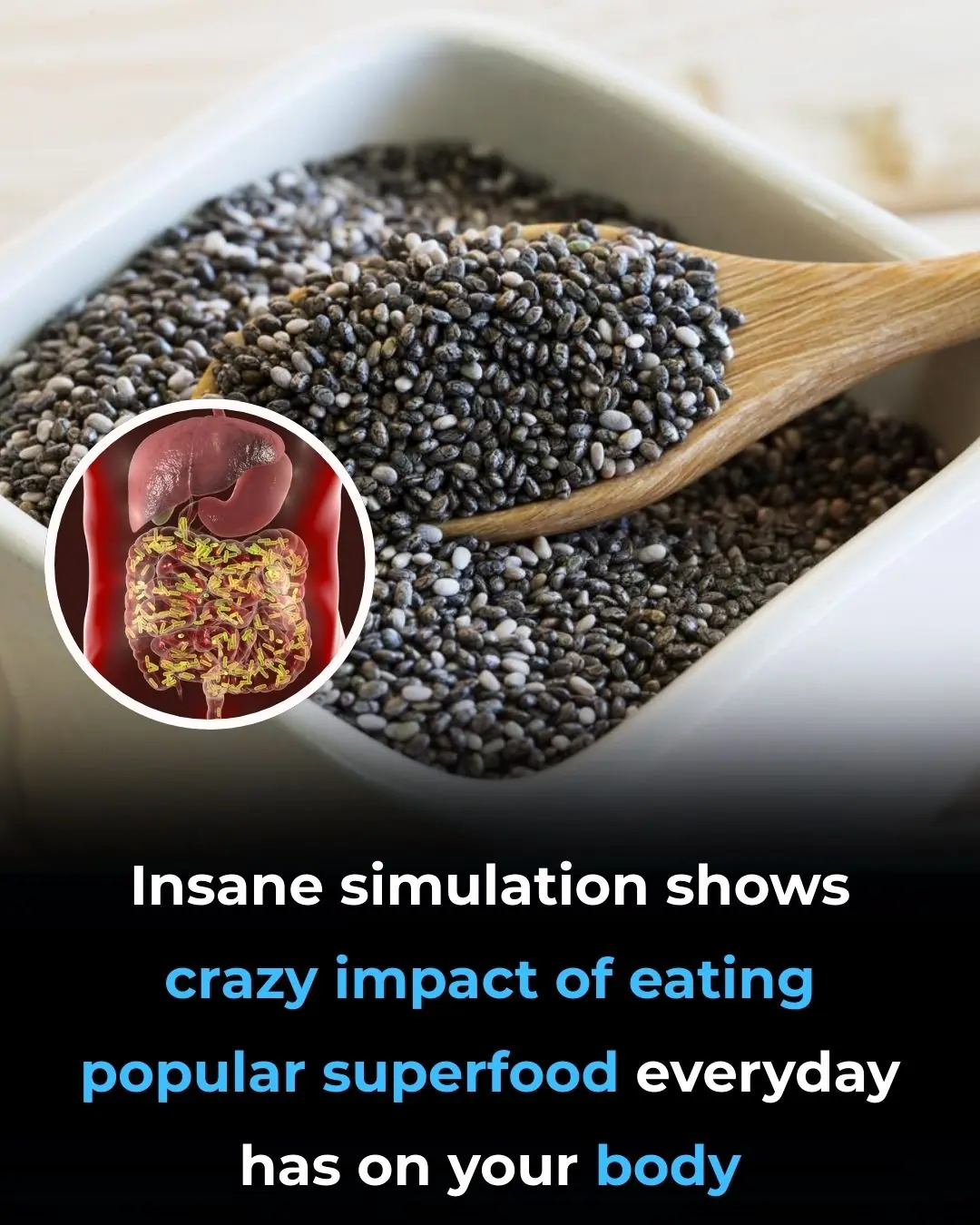
Insane simulation shows crazy impact of eating popular superfood everyday has on your body

Discovery Warrants Critical Rethink of Phantom Limb Pain Treatment

Can UV Light Reduce Infections in Long-Term Facilities?
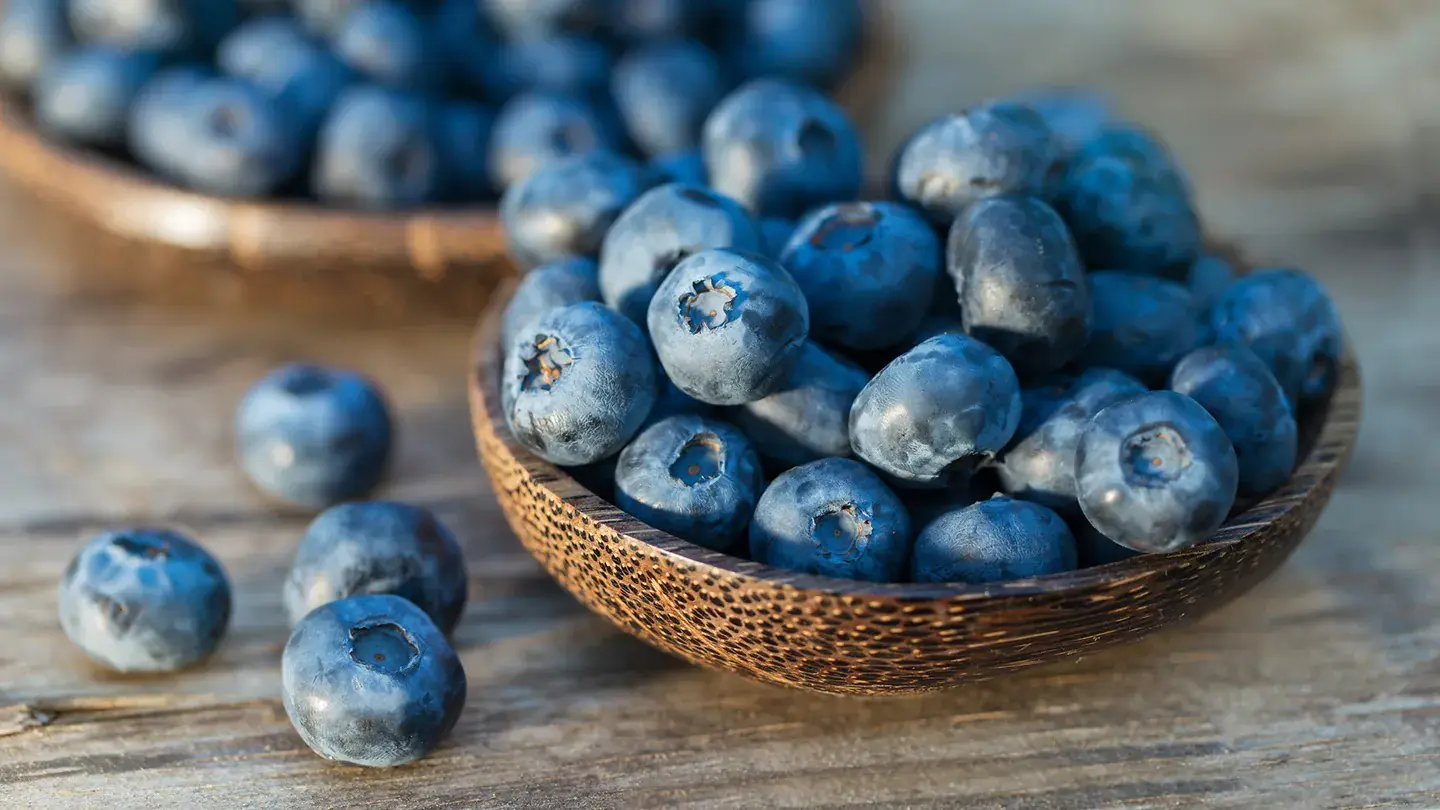
10 Ordinary Fruits With Amazing Health Benefits
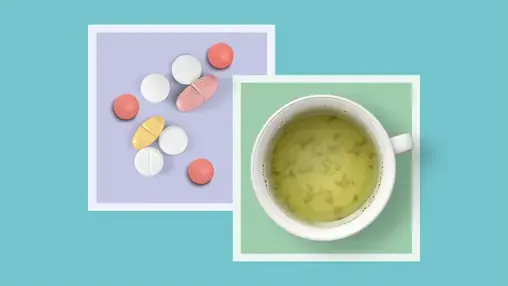
9 Medications That Can Negatively Interact With Green Tea
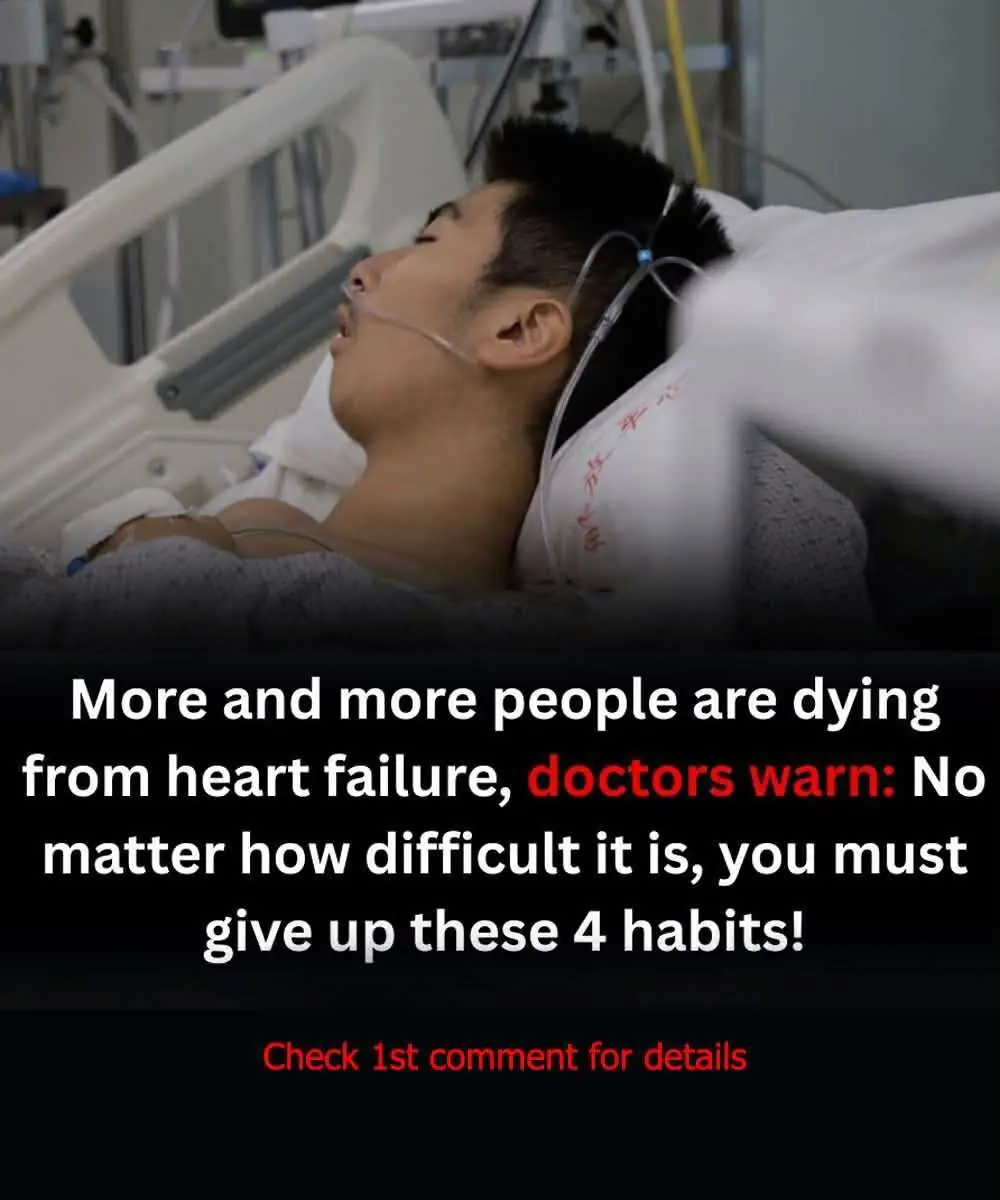
More people are dying from heart failure, doctors warn: give up these 4 habits now

How to Get Rid of Lizards: Effective Natural Ways that Really Work

How to Keep Snakes Away: Effective Snake Repellents

Healthy Man Shares the Unexpected Bathroom Symptom That Exposed His Bowel Cancer
When 38-year-old Dave Paxton noticed his stool had turned darker than usual, he had no idea this small sign would lead to a devastating cancer diagnosis—one so rare that only 22 people in the world have ever had it.

Eat Sweet Potatoes Daily and See These 7 Sh0cking Changes On Your Body
Sweet potatoes contain resistant starch, a special carbohydrate that bypasses digestion in the small intestine. Instead, it ferments in the large intestine, promoting the release of hormones that signal satiety to the brain. T

Surprising Health Benefits of Chicken Feet That Will Change the Way You Eat
Chicken feet may not look glamorous, but their nutritional profile proves they deserve a place at your table.